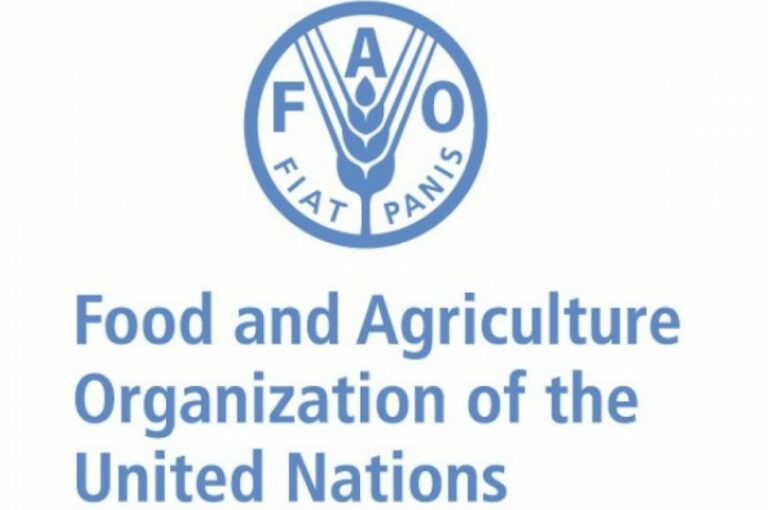A joint report by the Food and Agriculture Organisation (FAO) and the World Food Programme (WFP) has flagged acute food insecurity in Nigeria and 15 other countries, warning that millions more people risk famine if urgent action is not taken.
The Hunger Hotspots report, covering November 2025 to May 2026, identifies conflict and violence as the primary drivers of hunger in 14 of the 16 countries highlighted. The agencies caution that the window to prevent widespread starvation is rapidly closing.
“Conflict, economic shocks, extreme weather, and critical funding shortfalls are exacerbating dire conditions,” the report states. “Despite the urgency, funding for life-saving assistance remains critically limited.”
Six countries and territories—Haiti, Mali, Palestine, South Sudan, Sudan, and Yemen—are of highest concern, facing imminent risk of catastrophic hunger. Six others—Afghanistan, the Democratic Republic of the Congo, Myanmar, Nigeria, Somalia, and Syria—are classified as “very high concern,” while Burkina Faso, Chad, Kenya, and the Rohingya refugee population in Bangladesh round out the list of hotspots.
The report notes that as of October 2025, only $10.5 billion of the $29 billion required for humanitarian assistance had been received, forcing deep ration cuts and reducing access to food for the most vulnerable, including refugees and displaced populations. Critical nutrition and school feeding programs have also been suspended in several countries, leaving children at heightened risk.
FAO emphasized that funding shortages are undermining agricultural support, threatening livelihoods that are vital to stabilizing food production and preventing recurring crises. Without immediate financing, essential resources such as seeds, livestock services, and anticipatory agricultural interventions may not reach communities before planting seasons or new shocks occur.
The agencies urged the international community to focus on famine prevention, invest in long-term food security, and scale up resilience programs. FAO Director-General QU Dongyu highlighted that early warning systems work, but proactive measures are needed: “Investing in livelihoods, resilience, and social protection before hunger peaks will save lives and resources. Famine prevention is not just a moral duty—it is a smart investment in long-term peace and stability.”
The report calls on governments, donors, and partners to act urgently, ensuring unimpeded humanitarian access in conflict-affected areas so life-saving food, nutrition, and agricultural aid can reach those in need.
WFP Executive Director Cindy McCain added, “Mothers are skipping meals so their children can eat, and families are exhausting what little they have left. We urgently need new funding and unimpeded access—a failure to act now will drive further instability, migration, and conflict.”
The report stresses that famine is preventable with political will, leadership, sufficient funding, and collective accountability, warning that millions of lives are at stake.
The bi-annual Hunger Hotspots report is supported by the European Union through the Global Network Against Food Crises (GNAFC).



